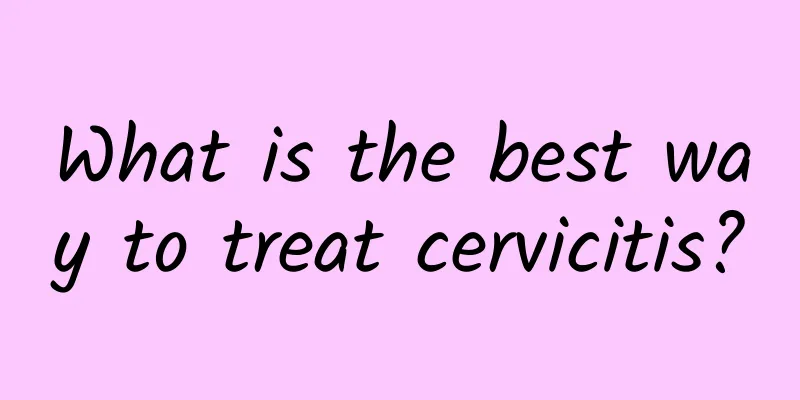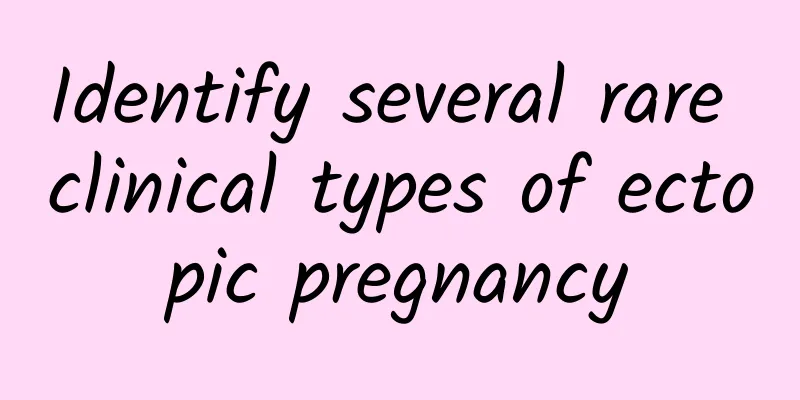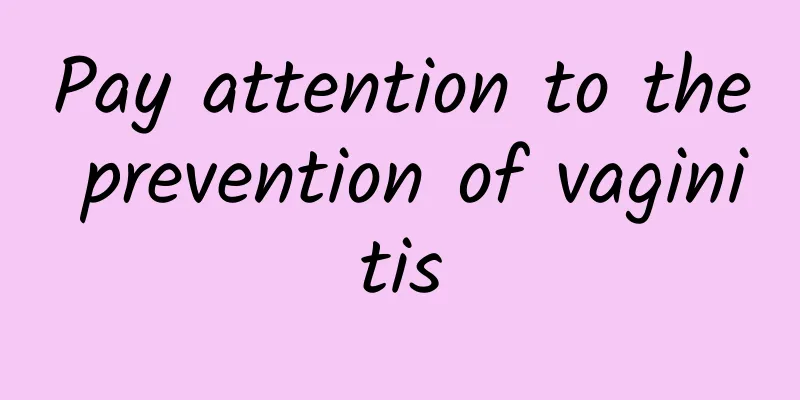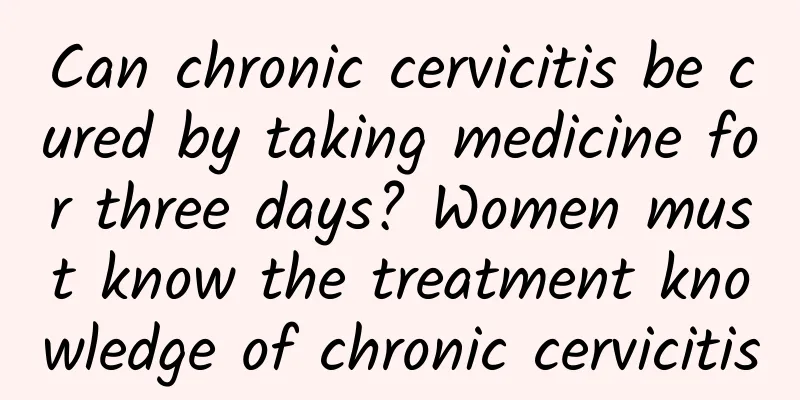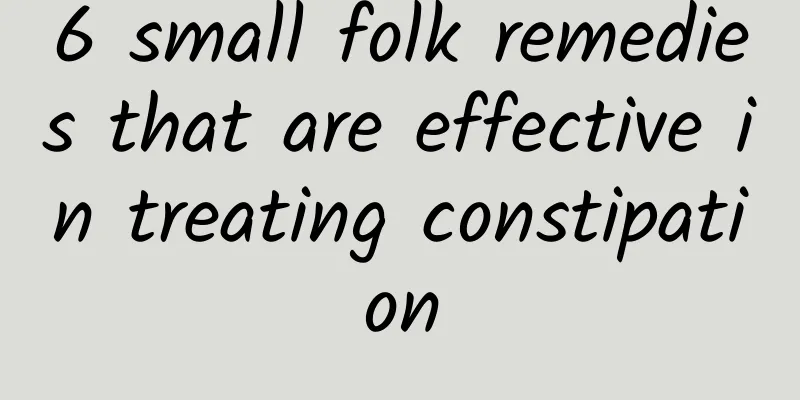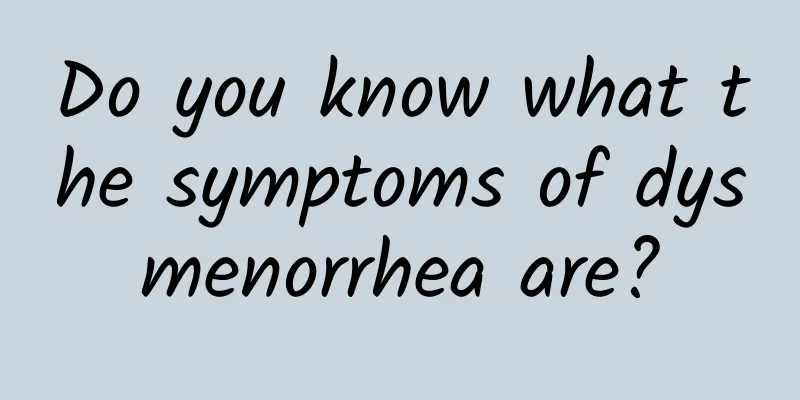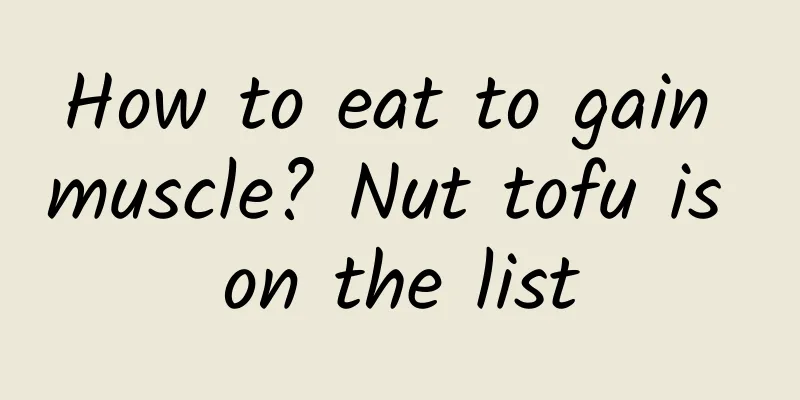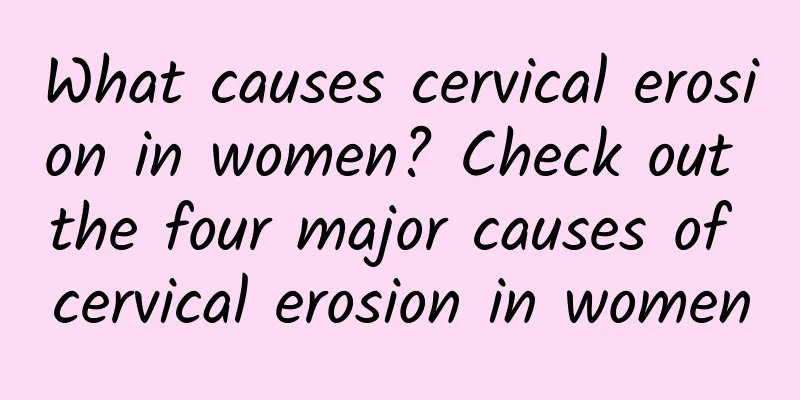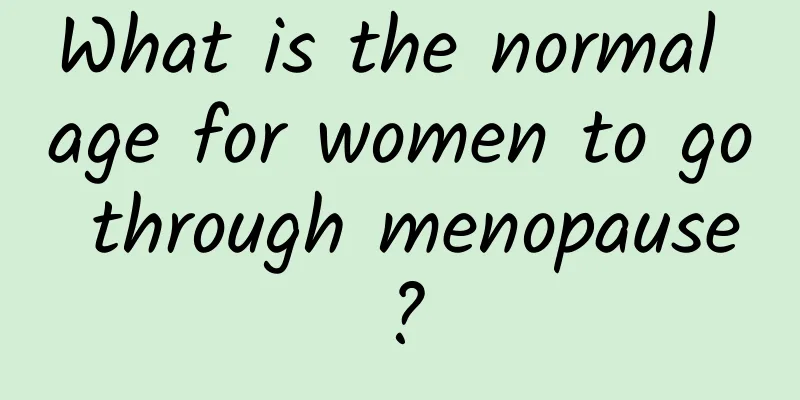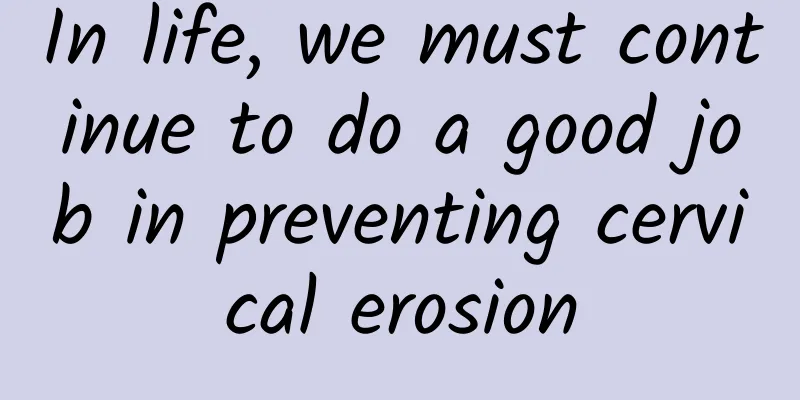What medicine should I take to treat cervical cysts and ovarian cysts?
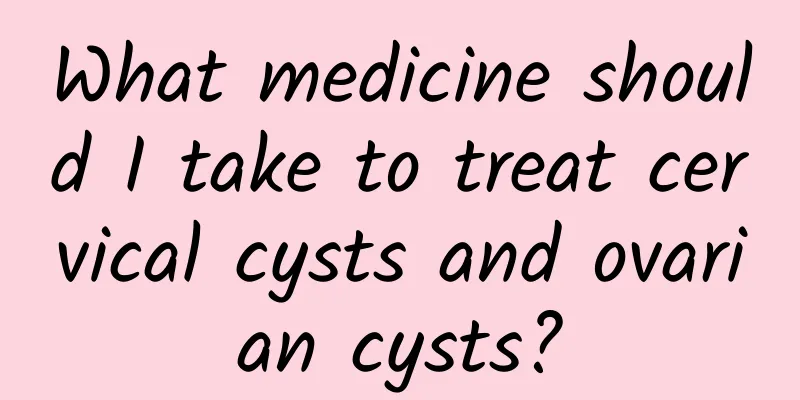
|
The treatment of cervical cysts and ovarian cysts depends on the nature and size of the cysts and the specific conditions of the patient. However, it is difficult to completely solve the cyst problem by relying solely on drugs. Usually, comprehensive treatment under the guidance of a doctor is required. For small benign cysts, medication can be tried, and in severe cases, surgical intervention may be required. 1. Drug treatment of cervical cysts Cervical cysts are usually caused by chronic cervicitis. If they are small and have no abnormal symptoms, no special treatment is generally required. If accompanied by infection or inflammation, the doctor may recommend a short course of oral or topical antibiotics and antibacterial and anti-inflammatory drugs, such as: Antibiotics: Amoxicillin, cephalosporins. Topical medication: antibacterial suppositories such as metronidazole suppositories and tinidazole suppositories. Anti-inflammatory immune drugs: such as pidotimod to enhance immunity and promote recovery. If the cyst is large or recurs, physical therapy such as laser, freezing, or electrocautery may be needed to remove the cyst fluid. 2 Drug treatment of ovarian cysts Most ovarian cysts are functional cysts. If the patient's symptoms are mild, the following drugs can be tried: Hormonal drugs: Oral contraceptives such as ethinyl estradiol cyproterone acetate tablets are used to suppress ovarian ovulation and reduce the formation of new cysts. Chinese patent medicine: Guizhi Fuling Pills, Danshen Capsules, etc., improve local blood circulation and relieve inflammation. Anti-inflammatory drugs: If the physical examination confirms that there is an inflammatory infection, antibacterial drugs such as levofloxacin can be used. If the cyst causes significant discomfort or grows rapidly, surgery, such as laparoscopic cystectomy, may be necessary. 3. Diet adjustment When combined with medication, diet can be used to promote recovery: High-fiber diet: such as oats, brown rice, and green leafy vegetables, help eliminate hormone waste from the body. Foods rich in vitamin E: nuts, olive oil, help reduce the possibility of cyst formation. Control fat intake: Avoid high-fat, high-sugar diets to reduce the factors that cause excessive estrogen in the body. Any medication or treatment plan must be taken under the guidance of a doctor. If the cyst grows in size, becomes painful, or is accompanied by other uncomfortable symptoms in the short term, please see a doctor as soon as possible, develop a personalized treatment plan through a detailed examination, and have regular checkups to monitor changes in the cyst. |
<<: Is hydatidiform mole dangerous?
>>: Right ovarian cyst, what is the cause of pregnancy
Recommend
A must-learn rice cooker recipe for those who love fitness! DIY low-fat, high-protein Mediterranean spice tender chicken breast
Weight training and fitness have become popular i...
Can Bartholinitis affect life expectancy?
Bartholinitis rarely occurs in children of childb...
Can I have an IUD if I have pelvic effusion?
IUD is a popular and effective contraceptive meth...
Lose weight during the menstrual cycle and shape your body first! Female Chinese medicine practitioner: Drink ginseng and brown sugar drink to lose weight easily during the golden weight loss period
Some people say, "You won't gain weight ...
What are the treatments for pelvic inflammatory disease?
Pelvic inflammatory disease is generally divided ...
How to do daily care for patients with pelvic peritonitis
We should pay attention to the disease of pelvic ...
How to deal with pelvic effusion after normal delivery
Many women will become particularly bad after pre...
What preparations should be made for abortion surgery?
Abortion refers to artificial abortion, which is ...
Excessive vaginal cleaning may also cause cervical erosion
Excessive vaginal cleaning may also cause cervica...
What soup can patients with uterine fibroids drink after miscarriage? What can patients with uterine fibroids eat after miscarriage?
Uterine fibroids are a common benign tumor in wom...
Xiaomi suppository and Baofukang suppository are effective in treating cervical erosion
Are Xiaomi Suppositories and Baofukang Suppositor...
What is artificial abortion syndrome and what are the precautions after artificial abortion?
Artificial abortion syndrome mainly refers to a s...
How to treat postmenopausal adenomyosis
Adenomyosis often occurs between the ages of 35 a...
What tests should be done for adenomyosis
What tests should be done for adenomyosis? How is...
Will ovarian cysts cause amenorrhea?
Ovarian tumors can occur at any age, but are more...
